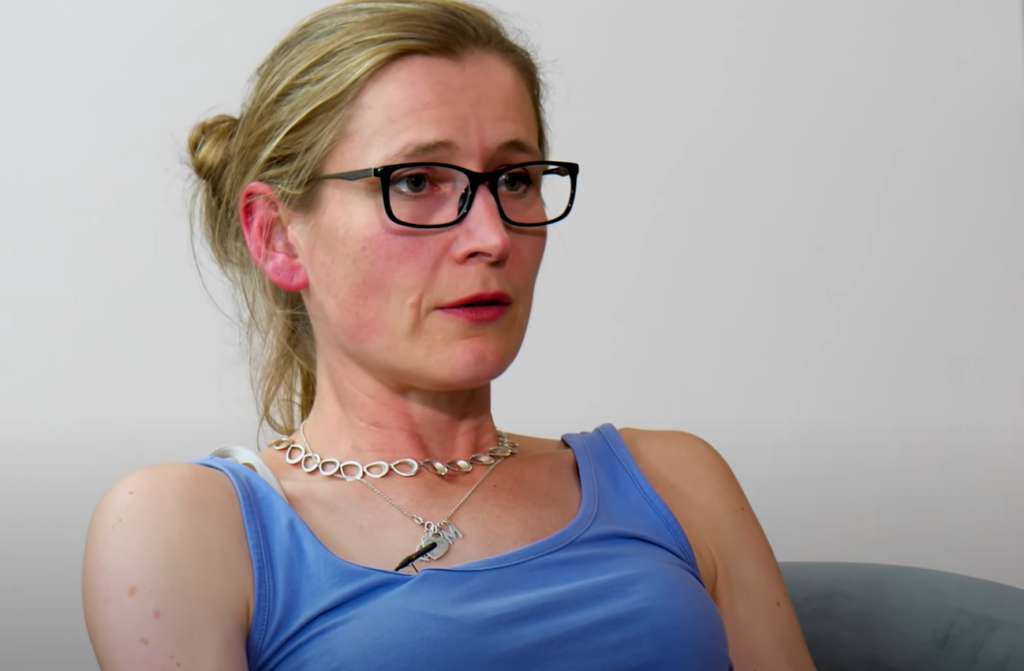Our Post-Democratic Future?

Here's a really interesting and provocative essay from the always interesting, always provocative Mary Harrington. She's responding to criticism from National Review that she is too sympathetic to an authoritarian, undemocratic future. Harrington says that simply pointing out that this seems to be where we in the West are headed does not make her sympathetic to this fate. (I get this a fair bit too: if you tell people that the facts and logic lead in a direction they don't want to go, they will accuse you of wanting the Bad Thing to happen.)
Harrington says that liberal democracy arose out of the confluence of widespread literacy (and the cast of mind formed by "deep reading" -- that is, reading that disciples on into attentiveness and rationality) and Christianity. In the West, Christianity is in steep decline, and online culture creates a very different kind of reader, one given more towards impulse. She writes:
If “deep reading” produced democracy as its governing political form, what can we expect to see associated with its networked digital successor? As Garfinkle sees it, this would probably be toward “a less abstract, re-personalized form of social and political authority concentrated in a ‘great’ authoritarian leader”.
We may already be seeing this borne out. On this side of the pond, research by the think tank UK Onward revealed support for democratic norms falling with every generation, but then plunging sharply among those under 44. Notably, Onward’s data also show that after an authoritarian spike across the board, that coincided with Covid, every demographic has returned to more or less their previous dislike of strongman leadership — again, except those under 44.
And these trends are not just observable in Britain. Most young Western people are more authoritarian than their elders. Nor is this purely a case of young Right-wingers agitating for less immigration; young Left-wingers are also willing to steamroller democracy.
UK Onward identified always-online culture as a key factor in the longing for strongman politics. This would account for the inflection point around my generation (early 40s). I was 18 when my household went online; every generation younger than me has grown up in an increasingly digital culture. And if post-literacy is the technological and cultural water we all swim in now, this accounts for a number of emerging cultural and political phenomena.
It goes some way, for example, toward explaining declining youth support for the print-era ideal of “freedom of speech”, and in parallel the increasing youth support for censorship.
Subscribe Today
Get daily emails in your inbox
Read it all. Again, Harrington's core claim is not that it's the Left or the Right that's leading democracy to its demise, but rather the radical change in technology, and the kind of minds online technology forms and rewards. I've written here with alarm recently about Eric Kaufmann's findings about how the young have little interest in liberal democracy, with its prizing of free speech. They prefer what James Poulos calls the "Pink Police State": an authoritarian state that prevents victim classes from having their feelings hurt, while making comfort widely available. If Harrington is right, democracy will fade away in a most democratic manner: because most people in Western polities no longer want it. She says she prefers liberal democracy, but what she, a mum in early middle age, wants does not matter when you're dealing with these vast historical forces.
Mary Harrington is such an interesting thinker. Check out this Triggernometry podcast with her: